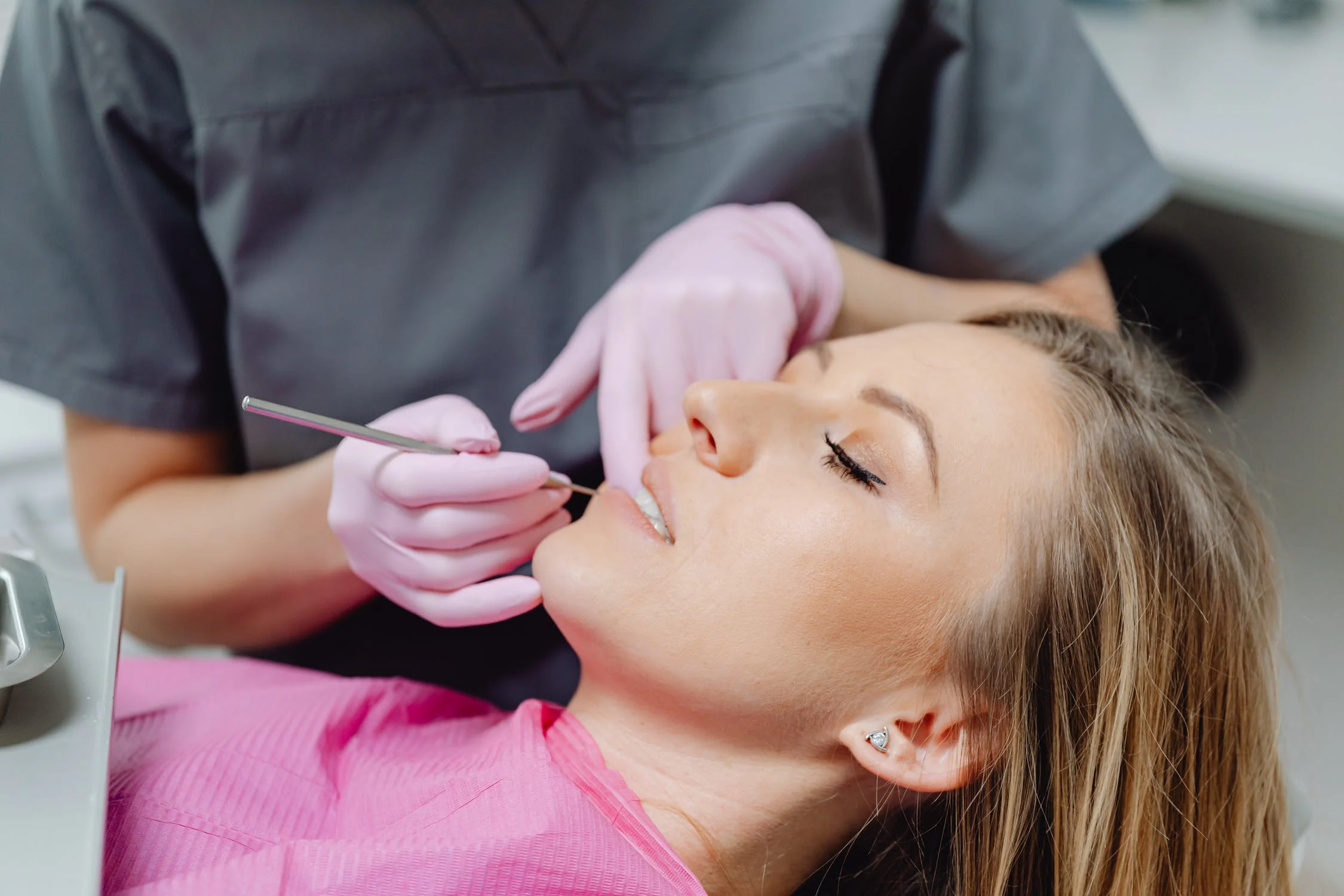What is gingivitis?
Gingivitis is the early stage of gum disease. It’s caused by plaque, a sticky film of bacteria that forms on your teeth. Plaque attacks the gums and bones that support your teeth. If gingivitis isn’t treated, it can lead to periodontitis, which is a more serious form of gum disease.
How does gingivitis form?
Gingivitis forms when plaque builds up on the teeth. Plaque is a sticky film of bacteria that forms on the teeth. The bacteria in plaque produce toxins that can damage the gums and bones that support your teeth.
Plaque can also cause your gums to become inflamed and bleed easily.
What are the symptoms of gingivitis?
If you have gingivitis, your gums may be red, swollen, and may bleed when you brush or floss your teeth. You may also notice that your gums are receding, or pulling away from your teeth.
How can you prevent gingivitis?
#1 Antibacterial mouthwash
An antibacterial mouthwash can prevent gingivitis by reducing plaque and bacteria in the mouth. Gingivitis is a common form of gum disease that can be caused by plaque buildup on the teeth. Plaque is a sticky film of food debris, bacteria, and saliva.
If plaque is not removed, it can harden and turn into tartar. Tartar can cause the gums to become inflamed and bleed easily. An antibacterial mouthwash can help reduce plaque and bacteria in the mouth, which can help prevent gingivitis.
#2 Taking care of oral hygiene
Gingivitis can lead to periodontitis, which is a more serious form of gum disease. The best way to prevent gingivitis is to maintain good oral hygiene. This means brushing your teeth twice a day, flossing daily, and using mouthwash.
You should also visit your dentist regularly for cleanings and checkups. If you have gingivitis, your dentist may recommend special mouthwashes or toothpaste. They may also recommend deep cleanings to remove plaque and tartar from your teeth.
#3 Regular teeth cleaning
Regular teeth cleaning can prevent gingivitis by removing the plaque and bacteria that cause gingivitis. Bacteria in plaque produce toxins that irritate the gums, causing them to become red, swollen, and bleed easily.
Teeth cleaning by a dental professional will remove plaque and tartar (a more hardened form of plaque) that has built up on your teeth over time and is difficult to remove with brushing and flossing alone. A deep cleaning may be necessary if you have tartar buildup or gingivitis.
#4 Using medicated gels
If you have gingivitis, your dentist may prescribe a medicated gel to help relieve your symptoms. This gel can help to reduce inflammation and swelling in your gums, as well as kill bacteria that may be causing the infection. In some cases, the gel may also contain fluoride, which can help to protect your teeth from further damage.
#5 Visiting your dentist regularly
If you have gingivitis, you will want to be sure to visit a dentist near you on a regular basis. This is because if gingivitis is left untreated, it can progress into periodontitis, which is a more serious condition.
Periodontitis can lead to tooth loss and other serious health problems. So, if you have gingivitis, be sure to see your dentist regularly so that it can be treated properly.


